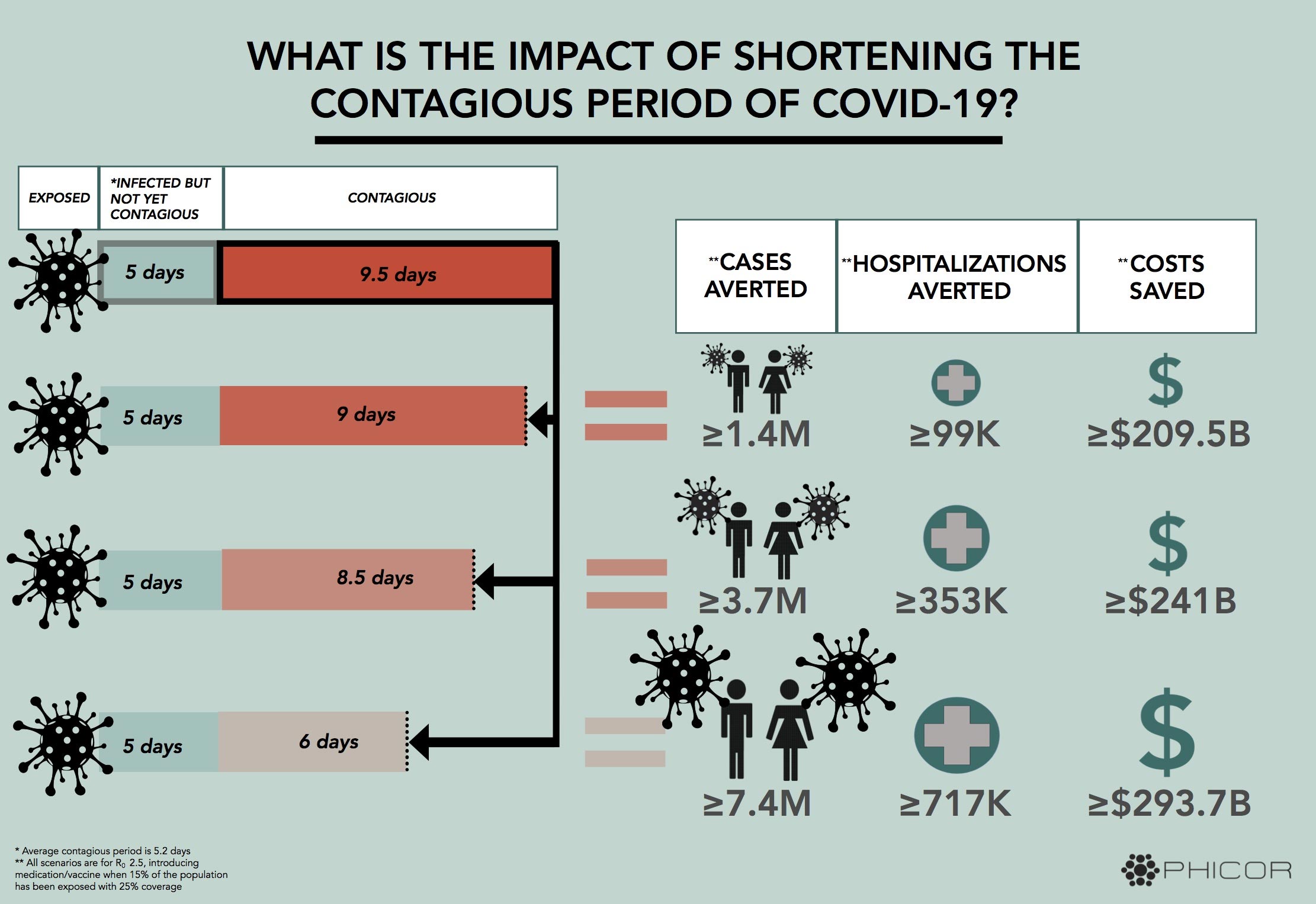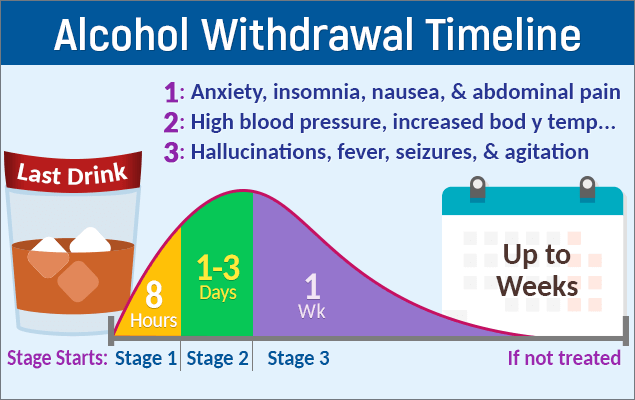

The CDC urges those who have or may have COVID-19 to watch for emergency warning signs and seek medical care immediately if they experience symptoms including: Those who develop symptoms should get tested as symptoms develop, but if a test is negative and symptoms persist another test might be needed a few days later, particularly for those who use at-home test kits. "If symptoms occur, individuals should immediately quarantine until a negative test confirms symptoms are not attributable to COVID-19," the guidance states. The CDC states that anyone who may have been exposed to someone with COVID should test five days after their exposure, or as soon as symptoms occur. Shortness of breath or difficulty breathing.The symptoms COVID infections, according to the CDC, include: She noted that these symptoms may only reflect certain populations.

Katherine Poehling, an infectious disease specialist and member of the Advisory Committee on Immunization Practices, told NBC News in January that a cough, congestion, runny nose and fatigue appear to be prominent symptoms with the omicron variant.īut unlike the delta variant, many patients were not losing their taste or smell.

Still, omicron presented a shift in common symptoms for many.ĭr. Most vaccinated people either have no symptoms or exhibit very mild symptoms, according to health officials, and the virus rarely results in hospitalization or death for those individuals. For some, the virus can cause more severe illness, including pneumonia and death. For others, it may cause no symptoms at all. "If you have fever, in particular, and if you're sweating a lot, you're losing a lot of fluid."įor some people, coronavirus causes mild or moderate symptoms that clear up in a couple weeks. "When we are sick and our body is taking care of the infection, we can get things like fever," Lee said. Infections in general can cause dizziness if people become dehydrated, she said. Rachael Lee, an associate professor of infectious disease and a health care epidemiologist at the University of Alabama at Birmingham. "We will have to wait and see what exactly that means," said Dr. Those include:Īnecdotal reports have suggested that dizziness could be a possible symptom, but they are so far unfounded. Still, NBC News reported symptoms associated with BA.2 seem to largely mirror a small number of symptoms commonly reported in omicron infections. I mean, for BA.1, we knew that it was mostly an upper respiratory-type infection rather than the lower respiratory infections that can lead toward pneumonia and further and greater complications," he said at the time. "I don't know if we, right now, know the particular features that are distinct for BA.2 versus BA.1. Gregory Huhn, an infectious disease physician and the COVID-19 vaccine coordinator for Cook County Health, noted in March that while omicron led to more upper respiratory symptoms, it remains too early to tell if BA.2 will continue that trend. "So this is the same virus, so SARS Coronavirus 2, so we're seeing the same symptoms," he said.ĭr. Michael Angarone, an associate professor of medicine in infectious diseases, said the symptoms for BA.2 are similar to those seen in many COVID infections. Which Symptoms Should You Watch For?Īs BA.2 cases continue their dominance across the Midwest and U.S., which symptoms should you watch for? Burgers from 3 Chicago restaurants make list of '50 best burgers in the US'įor those without symptoms, CDC guidance states they are considered contagious at least two days before their positive test.


 0 kommentar(er)
0 kommentar(er)
